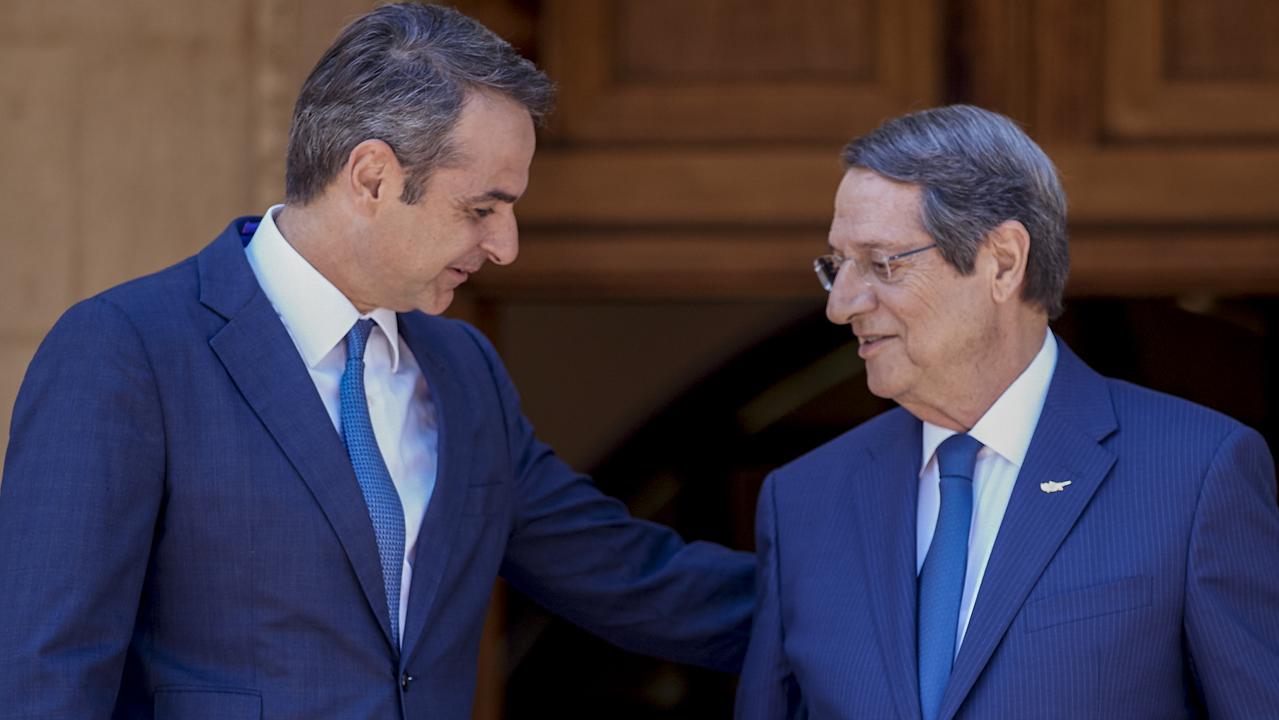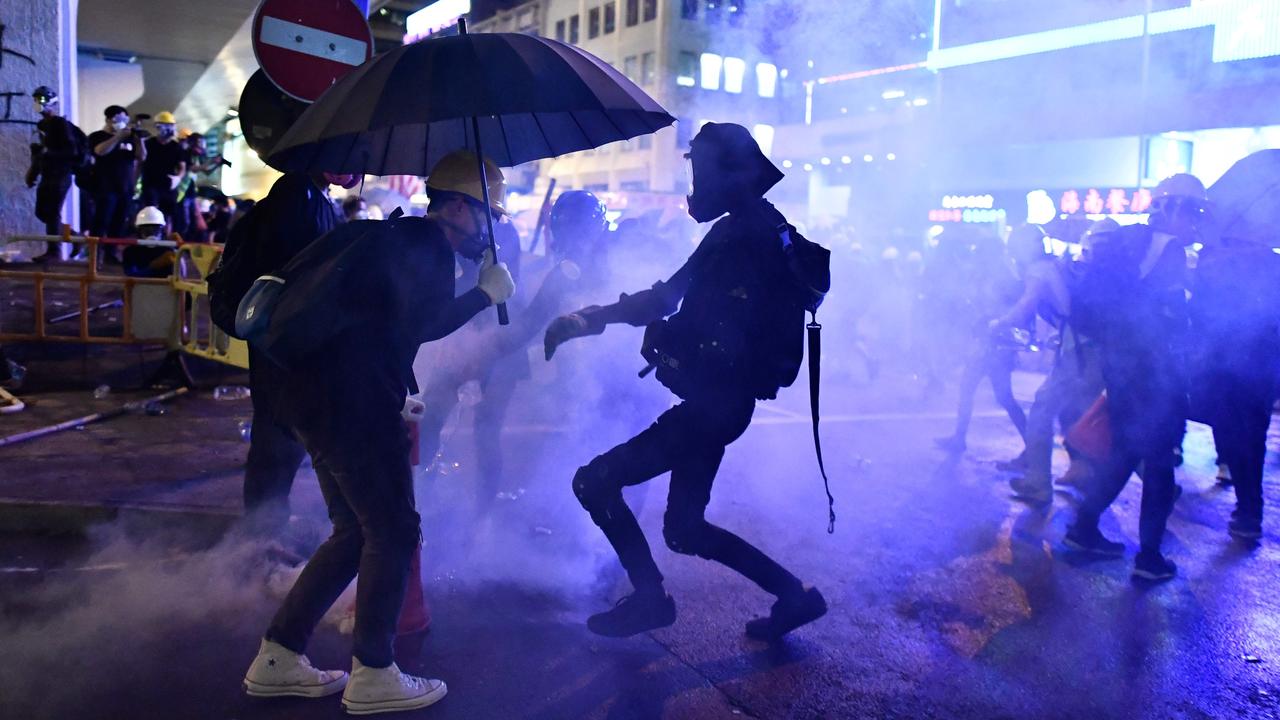Justice delayed but finally delivered
It was bin Laden, more than any other single person, whose fanatical vision created and sustained the war between the US and Islamist terrorism. It is the longest war in American history and sure to outlive its architect's own life.
There is one certainty: America's killing of bin Laden is a far superior result to the two alternative options. While he was alive and hiding, bin Laden enjoyed a permanent victory over an America seemingly too weak and stupid to find him.
Moreover, if taken alive and put on trial the consequences would have been disastrous, with bin Laden becoming an even more fabulous focus for jihad and his supporters staging terrorist strikes around the world on his behalf, including the kidnapping of Americans whose lives would have been offered for his release.
It is staggering that in commentary yesterday there were deluded claims a trial would have been preferable. President Barack Obama nailed this: bin Laden's death "should be welcomed by all who believe in peace and human dignity". Bin Laden once told his bodyguard that in death "his blood would become a beacon" arousing his followers. No doubt there will be revenge attacks in his martyred name. They will not, however, gainsay this surprise American success.
Obama's speech late on Sunday night was close to perfect. He claimed a victory against al-Qa'ida's "leader and symbol". He represented the killing of bin Laden as an act of "justice" after the September 11 attack. He said as president he had directed the CIA chief to make "the killing or capture of bin Laden" the top priority. He affirmed that the US had been ready to intervene in Pakistan if bin Laden were found there. He invoked the operation as testimony to US strategic competence. And he said the conflict with al-Qa'ida was not over.
After its multiple blunders for a decade the US needed this win. Desperately. Obama took a risk: he approved a dangerous ground incursion as opposed to a bombing operation. It was filled with military traps and potential political humiliation for him. But Obama staked his leadership and was vindicated. The right-wing domestic assault on the President will not be assuaged, but it is surely crippled. The demise of bin Laden has come on Obama's watch, not George W. Bush's.
Bin Laden generated a new global brand: the Islamist holy war against America igniting followers around the world and rousing Muslims in the West to home-grown terrorism. His first fatwa (declaration of war) against the US was issued in 1996, a long 15 years ago. It was followed by a 1998 declaration that it was the religious duty of every Muslim "to kill the Americans and their allies - civilians and military" to liberate the lands of Islam. Christians and Jews were the first in the firing line. But bin Laden justified the killing of Muslims and revolutionary overthrow of governments that refused to live by sharia law.
Bin Laden's evil genius lay in the fusion he represented: he believed he was an expression of God's will; he was a charismatic communicator able to inspire to violence Muslims who had never met him, yet revered his message; and he was a big strategic thinker, half audacious, half lunatic, who overruled his internal opponents, insisted the real enemy was the US and embarked on a campaign to strike at America's heart. He misjudged the US, convinced it was weak and corrupted within like the failed Soviet Union. It is as fatuous to think another individual could have replicated bin Laden's impact as it is to think somebody else could have done Hitler's job. This is the reason Bush's failure to kill bin Laden in 2001 was so grievous.
After September 11, bin Laden was on the run. Al-Qa'ida turned into a decentralised movement where cells operated in pursuit of his revolutionary ideology. Bin Laden's survival had testified to his enduring triumph and America's inability to penetrate the mysteries of the Muslim world.
The Bush administration misjudged him completely. Before September 11, it was irresponsible in its failure to heed intelligence warnings about the threat al-Qa'ida posed to America. After September 11 bin Laden retreated to the Tora Bora mountains close to Pakistan expecting that US forces would pursue him via helicopter landings. But it never happened. Bush and vice-president Dick Cheney chose to rely on the Afghan militias. The CIA senior officer on the ground, Hank Crumpton, knew the Pakistanis would not seal the border and knew the Afghan troops would not do the job.
US general Tommy Franks turned down a request for more US troops. The US bombing was ferocious day and night and there are reports that bin Laden was close to being a fatality. At one point the Afghans said they had him spotted and surrounded. But bin Laden got away. Al-Qa'ida expert Peter Bergen said the official US history of the war confirmed bin Laden had been at Tora Bora. Bush said he wanted bin Laden "dead or alive". As commander-in-chief, he allowed bin Laden to escape the posse.
In the long run the September 11 attack was a strategic failure on bin Laden's part though Bush nearly rescued al-Qa'ida's cause. Bush removed the Taliban from power in Afghanistan and then walked out, in effect inviting the Taliban to return. His invasion of Iraq generated anti-US sentiment in the Muslim world and saw al-Qa'ida entrench itself in the conditions created by Bush's removal of Saddam Hussein.
Bin Laden's ideology has shaped much of the first decade of the new century. A balanced judgment, however, is that the war of civilisation he tried to provoke has not eventuated. It is possible, just possible, the current pro-democracy uprisings in the Muslim world will constitute al-Qa'ida's critical defeat.
The Long War has far to run and this operation brings a more intense focus to Pakistan. Bin Laden was holed up in a large house, perhaps built for him, near a Pakistan military academy. He is likely to have been in Pakistan most of the decade. Nobody could believe that senior Pakistanis would not have known. Remember Khalid Sheik Mohammed, leader of the September 11 operation, was arrested in Rawalpindi, headquarters for Pakistan's army, in 2003. The conclusion is unavoidable - as a fractured state Pakistan is either incompetent or malevolent.
There can be no genuine replacement for bin Laden. By nature he was irreplaceable. His strategy imposed a finite time on his survival and that time has expired. An early judgment is that the progress he made for his violent ideology was remarkable yet his strategy was impossibly flawed and hence doomed.



THE killing of Osama bin Laden is an epic event and rallying triumph for the US, but it has come far too late - he should have been killed during December 10-13, 2001, at Tora Bora, where his escape constituted one of the greatest failures in US tactical history.